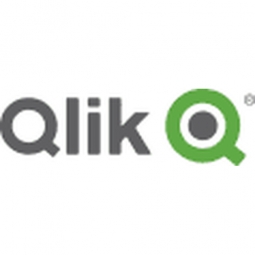Qlik
Case Studies
Strong Leaders, Strong Results: Our Path to Data Analysis, Literacy, and Governance
Overview
 |
Strong Leaders, Strong Results: Our Path to Data Analysis, Literacy, and GovernanceQlik |
Analytics & Modeling - Big Data Analytics Analytics & Modeling - Data-as-a-Service | |
Oil & Gas | |
Discrete Manufacturing Business Operation | |
Predictive Maintenance Manufacturing System Automation | |
Data Science Services System Integration | |
Operational Impact
| The company was able to establish standards for data quality and developed a single dictionary, which established standard terms for dimensions and expressions for all departments. This made it much easier for data literacy growth and the sharing of dashboards or reports across the organization. | |
| The company was able to allow several areas to develop their own solutions due to the large and diverse nature of the organization. Each functional unit was allowed to develop their own infrastructure and rules according to their resources and needs. | |
| The company developed different organizing principles for data processing and storage. Architectural needs often changed based on the data source and the necessary layers. | |
Quantitative Benefit
| By 2015, the number of Qlik users had grown significantly. | |
| Today, the company has more than 100 specialists all using the Qlik platform to power their data intelligence projects. | |


